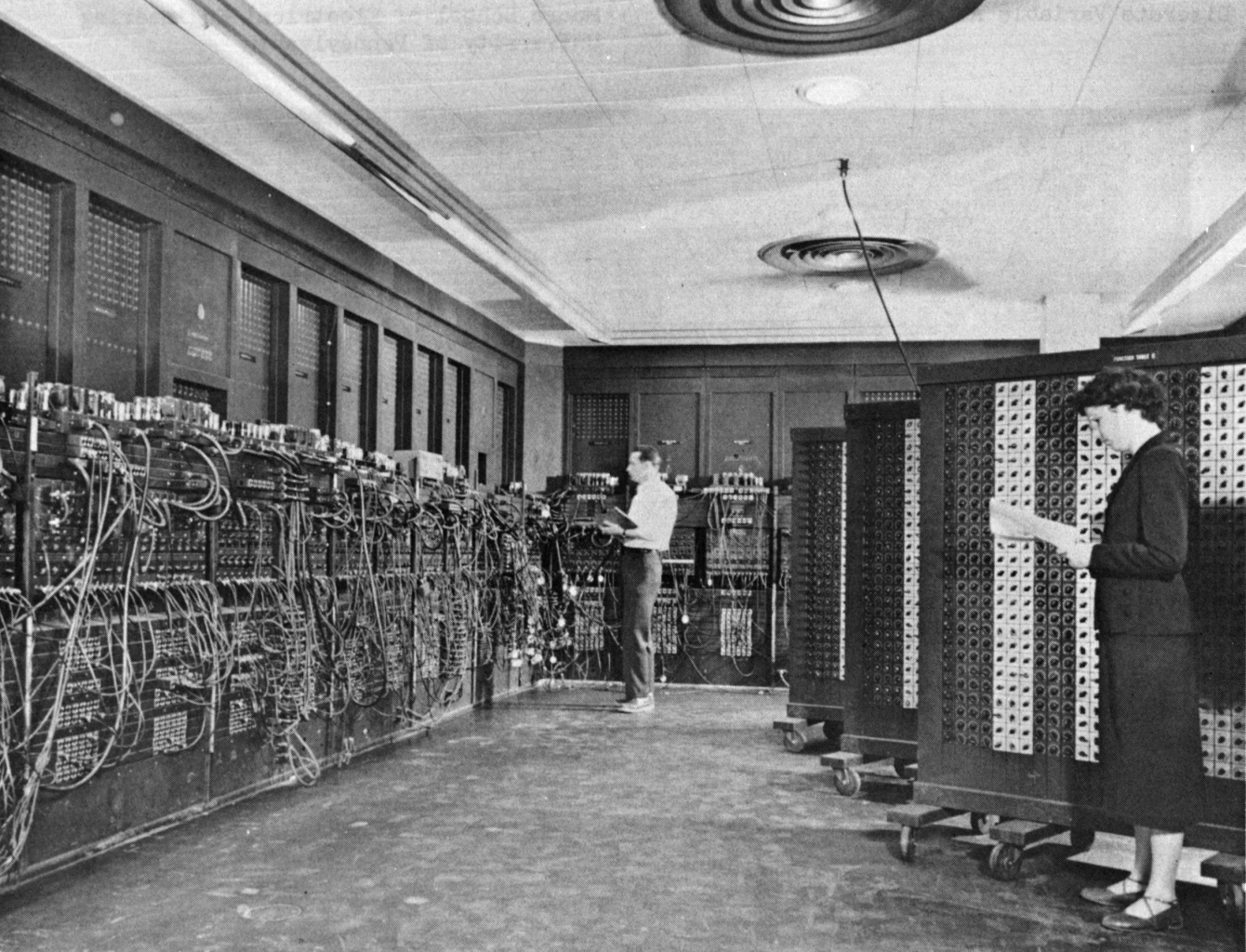› Forums › General › News (General) › History’s message about regulating AI
Tagged: Governance_G12
- This topic has 1 voice and 0 replies.
-
AuthorPosts
-
-
January 8, 2020 at 5:04 pm #38446
#News(General) [ via IoTGroup ]
Headings…
History’s message about regulating AI
Tom Wheeler
Fear as a substitute for thinking
Look past the specific technology to its effects
Related
AI and human capital
Related Books
 The right to a future
The right to a futureAuto extracted Text……
Editor’s Note: This report from The Brookings Institution’s Artificial Intelligence and Emerging Technology (AIET) Initiative is part of “AI Governance,” a series that identifies key governance and norm issues related to AI and proposes policy remedies to address the complex challenges associated with emerging technologies.
Artificial intelligence (AI) is “summoning the demon,” Elon Musk warned, continuing a great tradition of fearful warnings about new technology.Key takeaways:
– Regulating technology itself is like regulating the wind: It blows to bend everything it touches but cannot be captured
– Focus on technology’s effects rather than chase broad-based fears about the technology itself
– Regulation is a legitimate endeavor but full of complexity
– Regulation is about targeting effects of the new technology, determining acceptable behavior, and identifying who oversees those effectsIn the 16th century, the Vicar of Croyden warned how Gutenberg’s demonic press would destroy the faith: “’We must root out printing or printing will root us out,’ the Vicar told his flock.”1 Preceding Musk’s invocation of the devil by a couple of centuries, an Ohio school board declared the new steam railroad technology to be “a device of Satan to lead immortal souls to hell.”2 Others warned of secular effects: The passing of a steam locomotive would stop cows from grazing, hens from laying, and precipitate economic havoc as horses became extinct and hay and oats farmers went bankrupt.3 Only a few years later, demonic fears appeared once again when Samuel Morse’s assistant telegraphed from Baltimore suggesting suspension of the trial of the first telegraph line.
“As we consider artificial intelligence, we would be wise to remember the lessons of earlier technology revolutions—to focus on the technology’s effects rather than chase broad-based fears about the technology itself.”
“At the forefront of history’s lessons for today’s technology challenges is the imperative to avoid substituting fear in place of solution-oriented thinking that asks questions, identifies issues, and seeks solutions.”
History’s road map is clear: If there is to be meaningful regulation of AI, it should focus on the tangible effects of the technology.
In place of history’s linear technological progress, however, AI’s expansion has been described as “exponential
Read More..
AutoTextExtraction by Working BoT using SmartNews 1.02976805238 Build 26 Aug 2019
-
-
AuthorPosts
- You must be logged in to reply to this topic.
